
Two Leaders, Two Paths
Both Shimon Bar Kochba and Yehuda Maccabee were freedom fighters against tyrannical oppressors, yet Jewish history condemns one but celebrates the other. Why?

The names “Shimon Bar Kochba” and “Yehuda Maccabee” conjure up striking similarities in most people’s minds. Both were freedom fighters who displayed indescribable valor, strength, and leadership. Both fought against tyrannical oppressors. Both attained miraculous victories and both were ultimately killed in battle. Also, both are symbols of Jewish nationalistic pride. Yet, Judaism looks at Bar Kochba with contempt, referring to him as “Bar Koziva”, the “impostor”. On the other hand, Judaism reveres Mattathias the High Priest and his sons the Maccabees – especially Yehuda –as the catalysts of Chanuka and our national and religious freedom. What’s the difference between the two? Let’s take a look:
Chronologically, the Maccabees preceded Bar Kochba by some 350 years. Following the death of Alexander the Great, a ruthless leader who loved the Jews, the Syrian Greeks (“Seleucids”) seized power in the Middle East, including Israel. The official Seleucid policy with the nations under their control was “conditional benevolence.” They offered full rights, full citizenship and equal opportunity, even membership in their elite and exclusive athletic clubs (comparable to today’s country club). But there was one condition – the subdued nation must cast aside its culture, language, religion, and completely accept Hellenism.
 The Gemara tells us that the “benevolent” Syrian Greeks “only” demanded three things, namely, that the Jews discontinue circumcision, Shabbat observance, and Rosh Chodesh (new moon) observance. This was quite crafty, for without these three mitzvot, there would be no continuation of Judaism, Heaven forbid. When the bold minority of non-Hellenist Jews resisted, the Syrian Greeks added a fourth decree: every Jewish girl would be given for a night to a Syrian Greek officer before her wedding. For the loyal Jews, this was the last straw…
The Gemara tells us that the “benevolent” Syrian Greeks “only” demanded three things, namely, that the Jews discontinue circumcision, Shabbat observance, and Rosh Chodesh (new moon) observance. This was quite crafty, for without these three mitzvot, there would be no continuation of Judaism, Heaven forbid. When the bold minority of non-Hellenist Jews resisted, the Syrian Greeks added a fourth decree: every Jewish girl would be given for a night to a Syrian Greek officer before her wedding. For the loyal Jews, this was the last straw…
Meanwhile, the Hellenist Jews were granted control of Jewish institutions, including the Holy Temple. That’s why, as the Gemara in tractate Yoma relates, many of the High Priests during the Second-Temple period were government-appointed, influential Hellenist Jews who were completely Torah-ignorant. The holy priest Mattathias therefore had nothing to do with them and remained in his village of Modiin where the local populace under his influence and that of his sons were fiercely loyal to Hashem and His Torah.
The Seleucid King Antiochus decided to test Mattathias’ loyalty. He sent a group of officers to Modiin with a message for Mattathias: sacrifice a pig to the Greek gods and receive preferential treatment. Naturally, Mattathias refused to even consider such an abomination. When a Hellenist Jew came forward and offered to perform the sacrifice, Mattathias stabbed him and the revolt began. With his sons Elazar, Shimon, Yehuda, Yochanan, and Yonatan, they led a band of guerrilla fighters that included “Chassidim” – the pious – people who were not fighters per se but staunch believers who were willing to sacrifice anything for their faith. Despite the fact that these uncompromising, God-fearing Jews were barely a tenth of the Jewish people at that time, they ultimately triumphed over the Syrian Greeks. They gained control of Israel and purified the Holy Temple, leading to the miracle of Chanuka that we so joyfully celebrate to this day.
The Maccabees were not professional military men but priests. In stark contrast, Shimon Bar Kochba was a military leader who built a ferocious and unstoppable army of the strongest Jewish warriors, each of whom passed a test of courage by biting off the pinky finger of their right hand. Rebbe Akiva, one of the main spiritual leaders of the generation, loathed the Roman occupiers. He summoned Bar Kochba and chastised him for blemishing his soldiers. Bar Kochba surprisingly heeded Rebbe Akiva and agreed to make a new test for prospective Jewish warriors – they had to uproot a cedar of Lebanon with their bare hands while riding past the cedar on a horse. Bar Kochba’s entire army of fierce warriors who passed one of these two entrance tests numbered more than half a million. They routed the Romans and freed Judea.
Bar Kochba lacked the Maccabees’ Torah, fear of G-d, emuna humility and holiness. He attributed his victories to himself and to his cunning, power, and military prowess. Before going into battle, he was accustomed to shout, “Master of the World! Stay out of my way! I neither need Your help nor Your hindrance. My men and I will fight on our own.” Bar Kochba’s independent Judea lasted a mere two years, ending with the massacre of millions of Jews in Beitar, which was then a major metropolis.
Whereas Bar Kochba’s arrogant “might of my right hand” attitude led to one of Jewish history’s worst calamities, the faith of the Maccabees shines bright to this day. This is the faith that flickers in the Chanuka lights we kindle each of the eight nights, the little lights that chase the greatest darkness. Happy Chanuka!


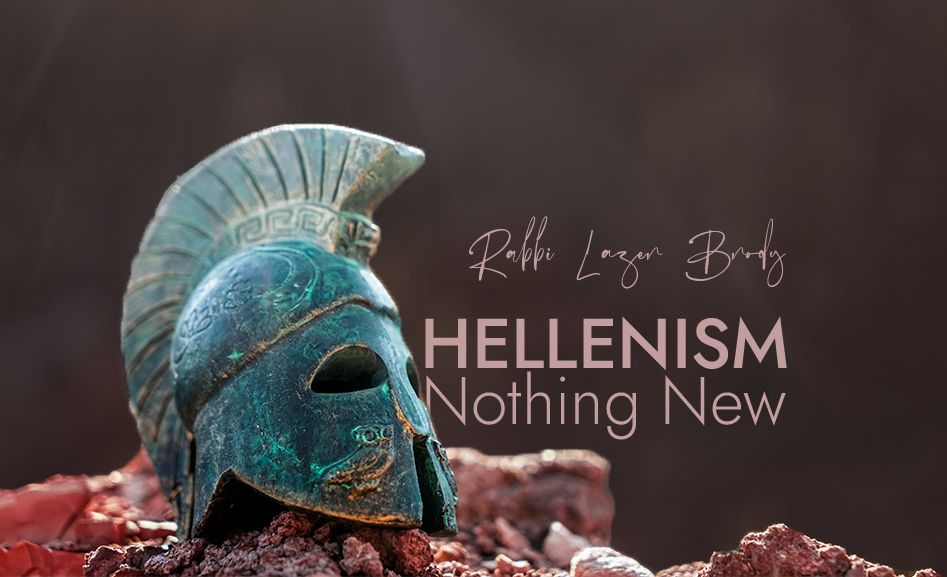
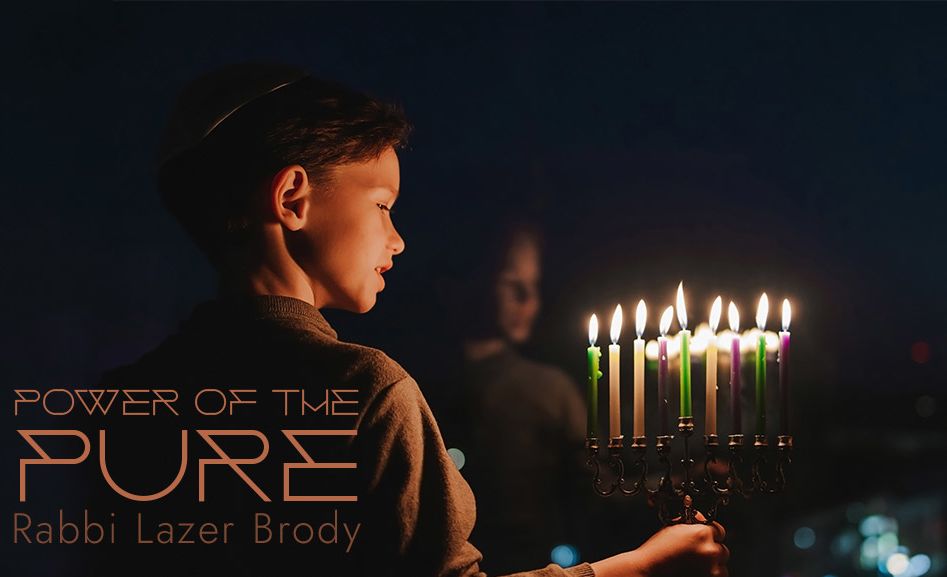
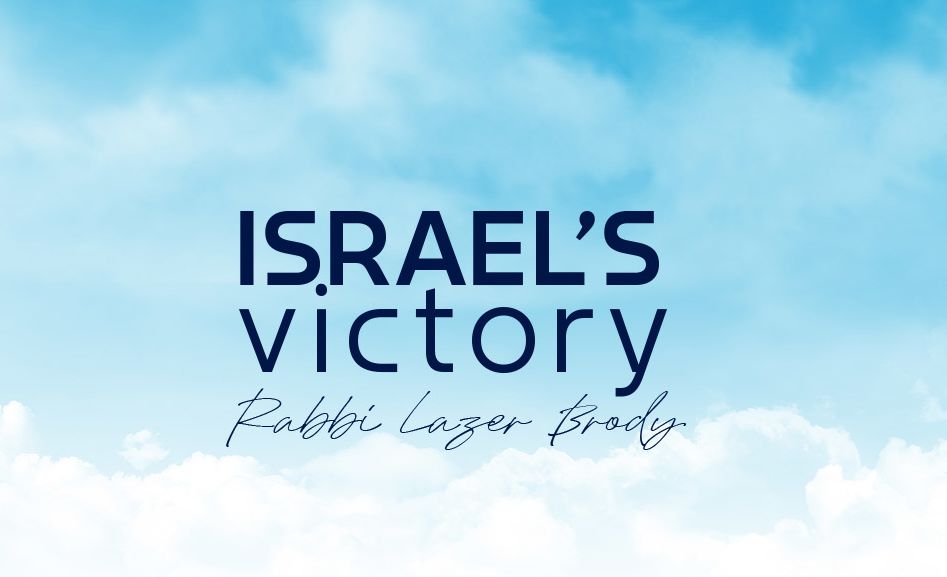

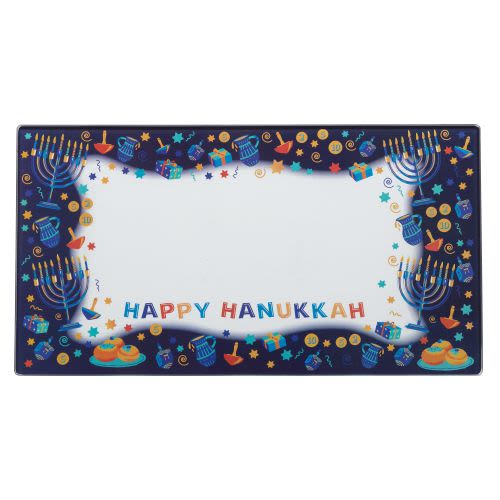
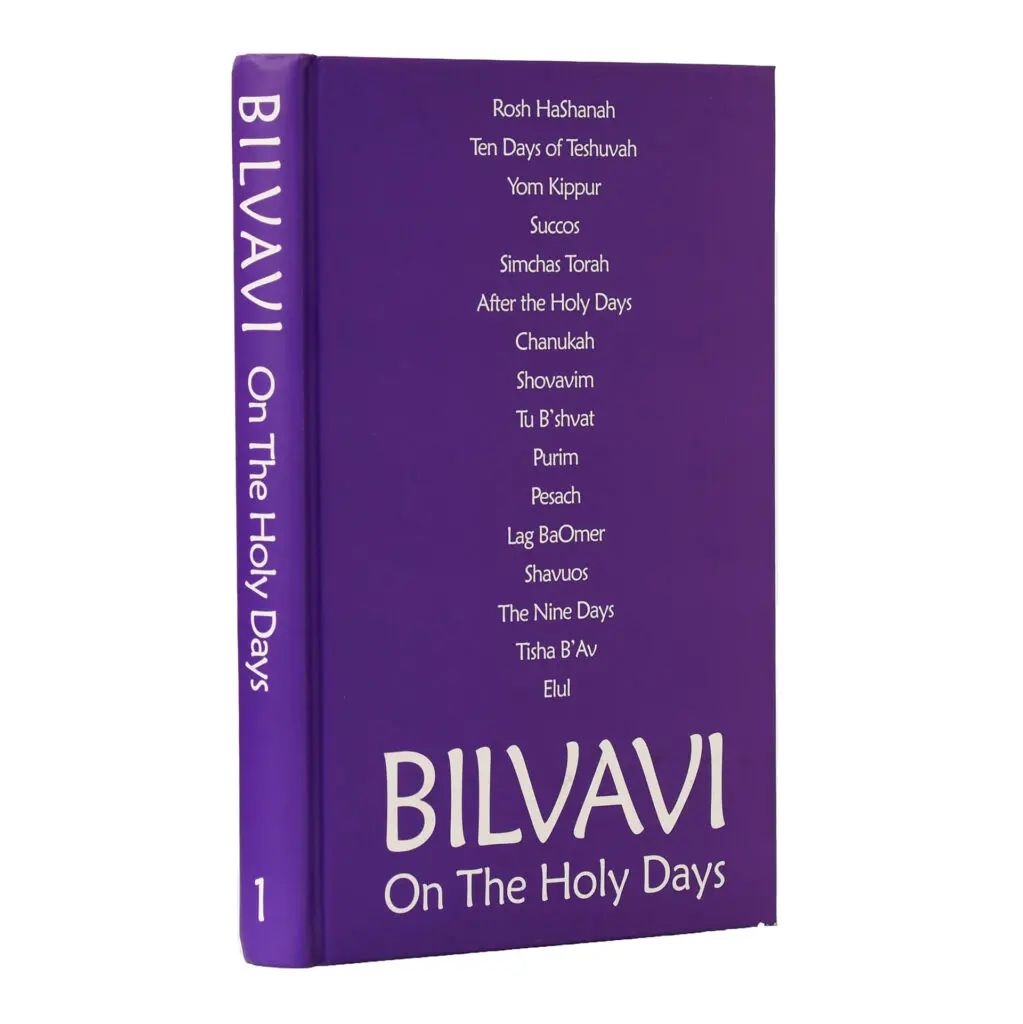
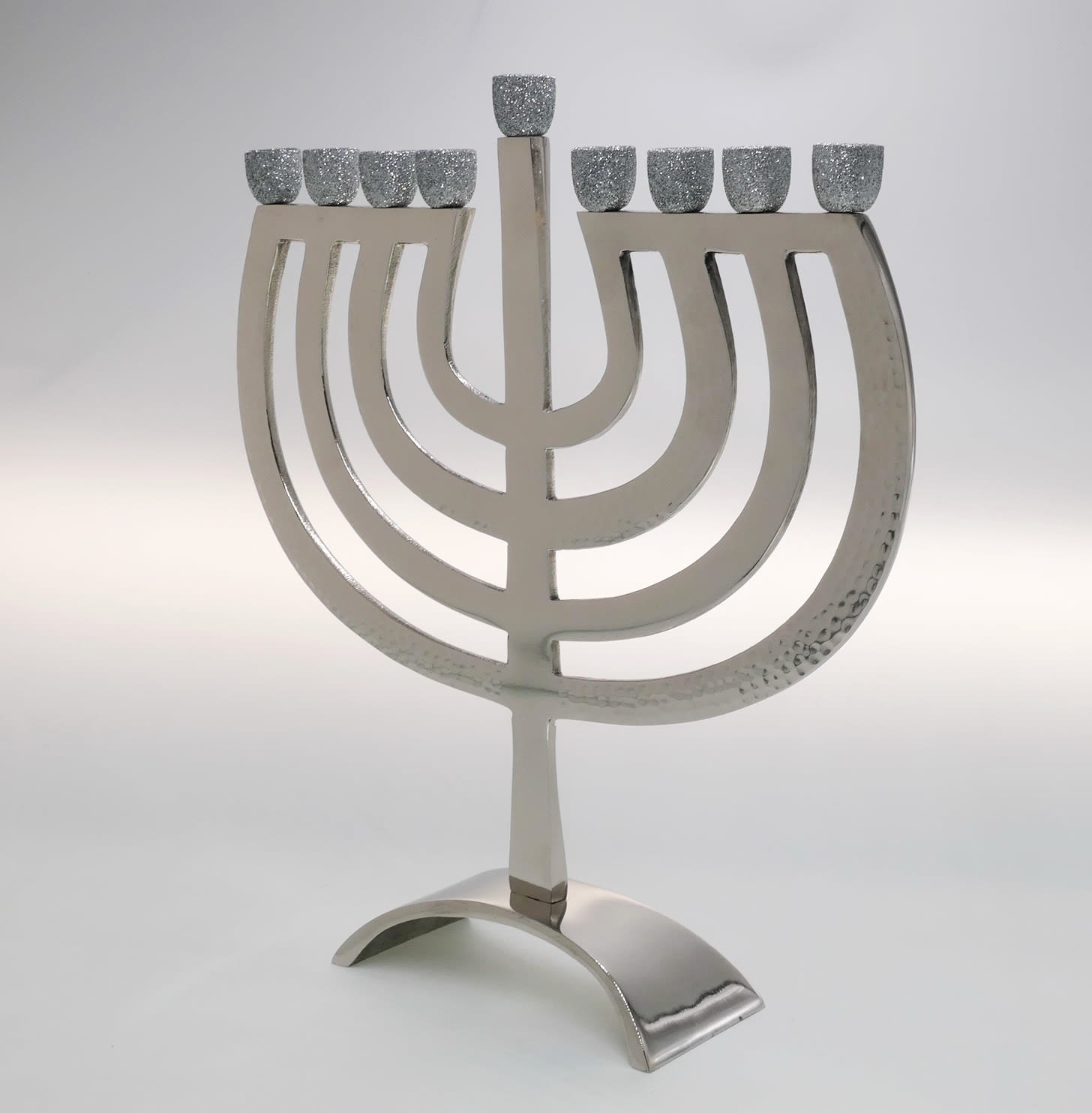
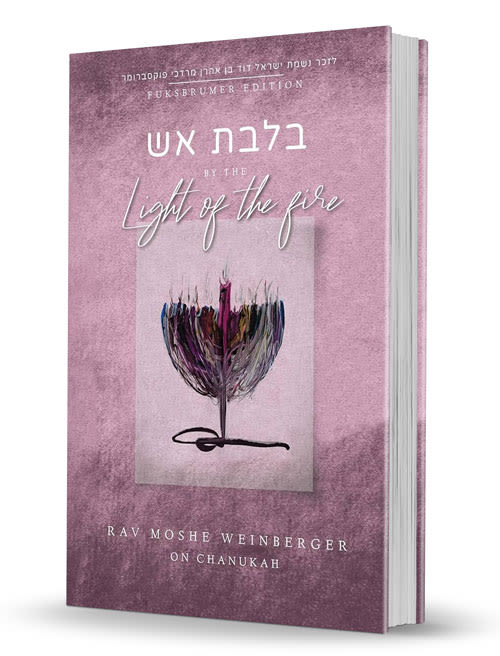
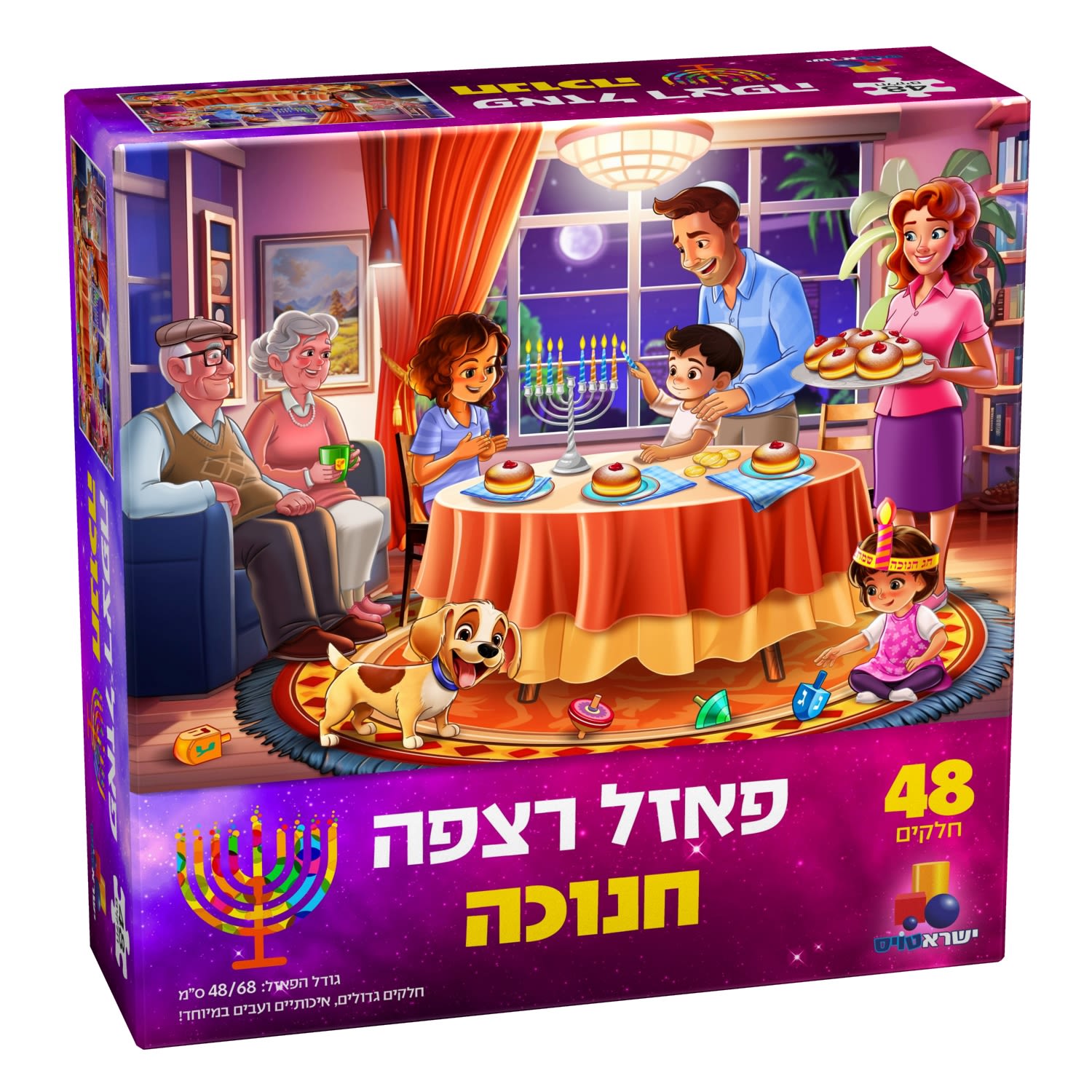
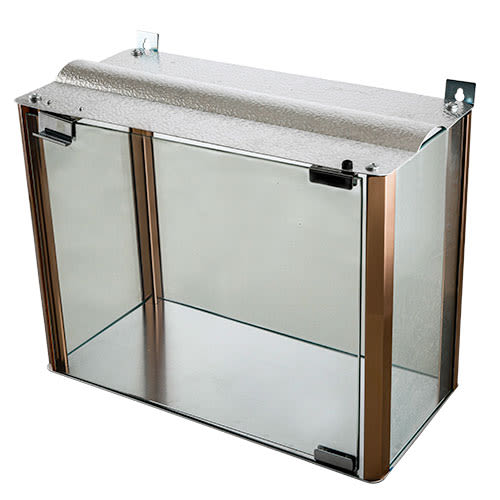
Tell us what you think!
Thank you for your comment!
It will be published after approval by the Editor.